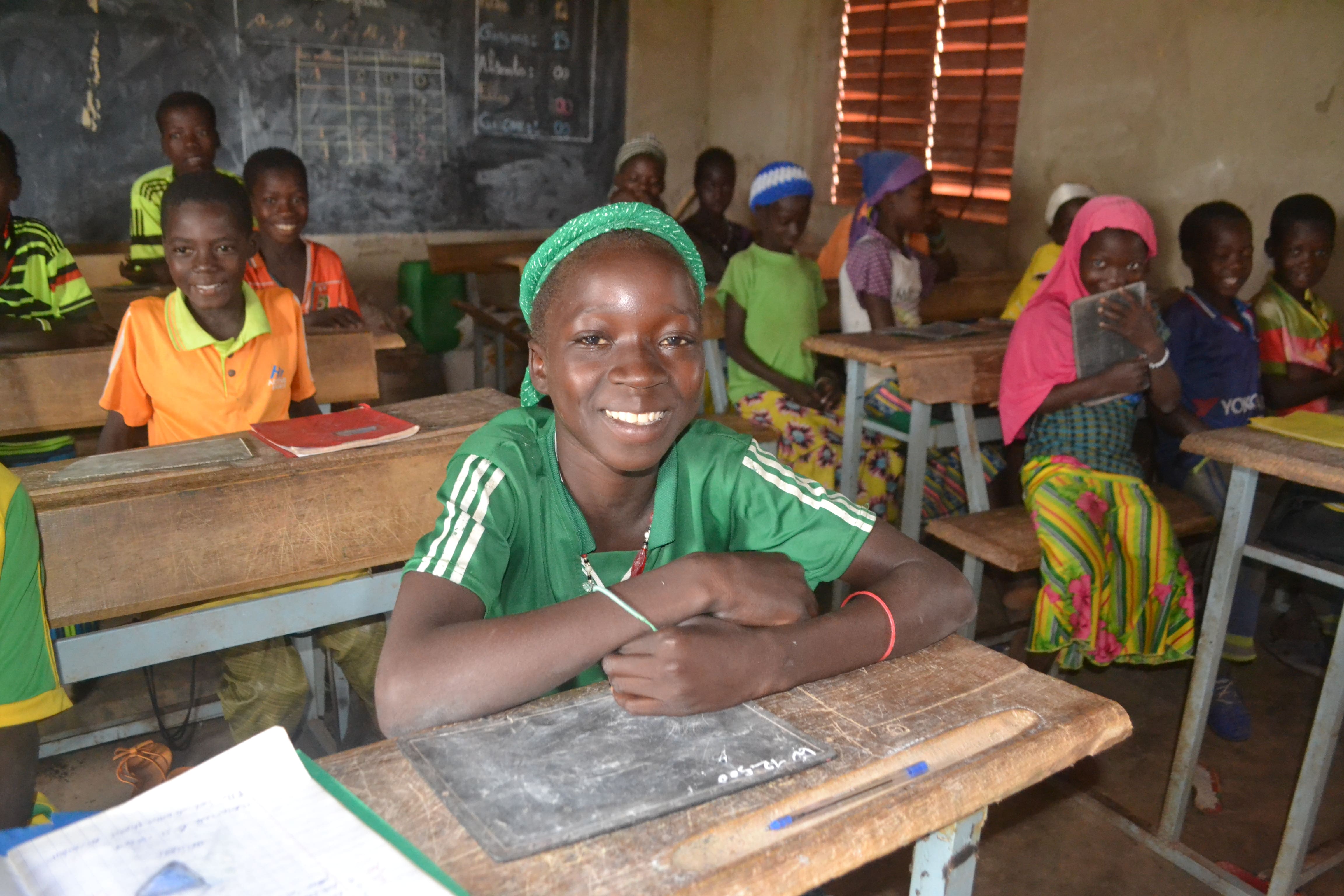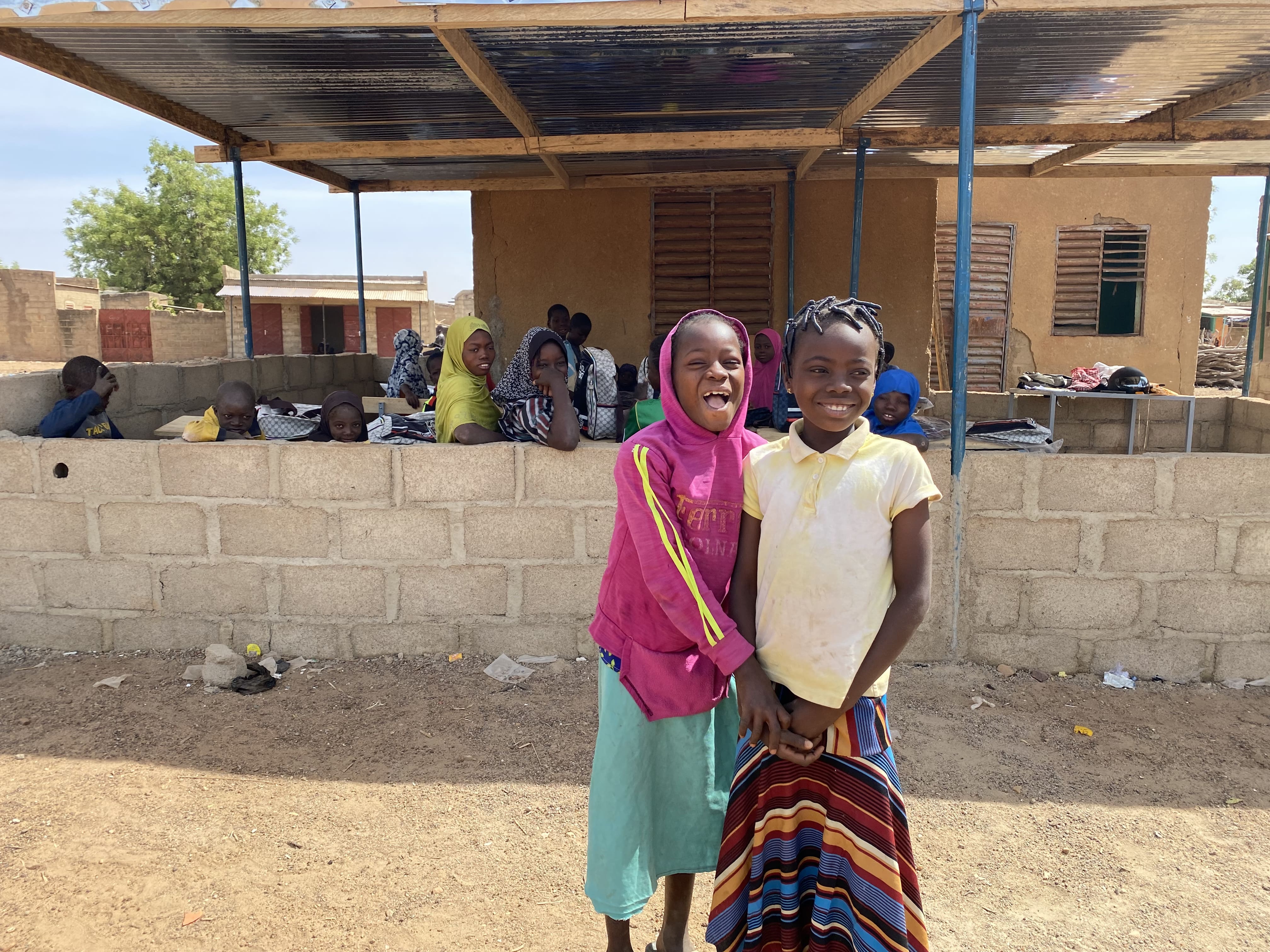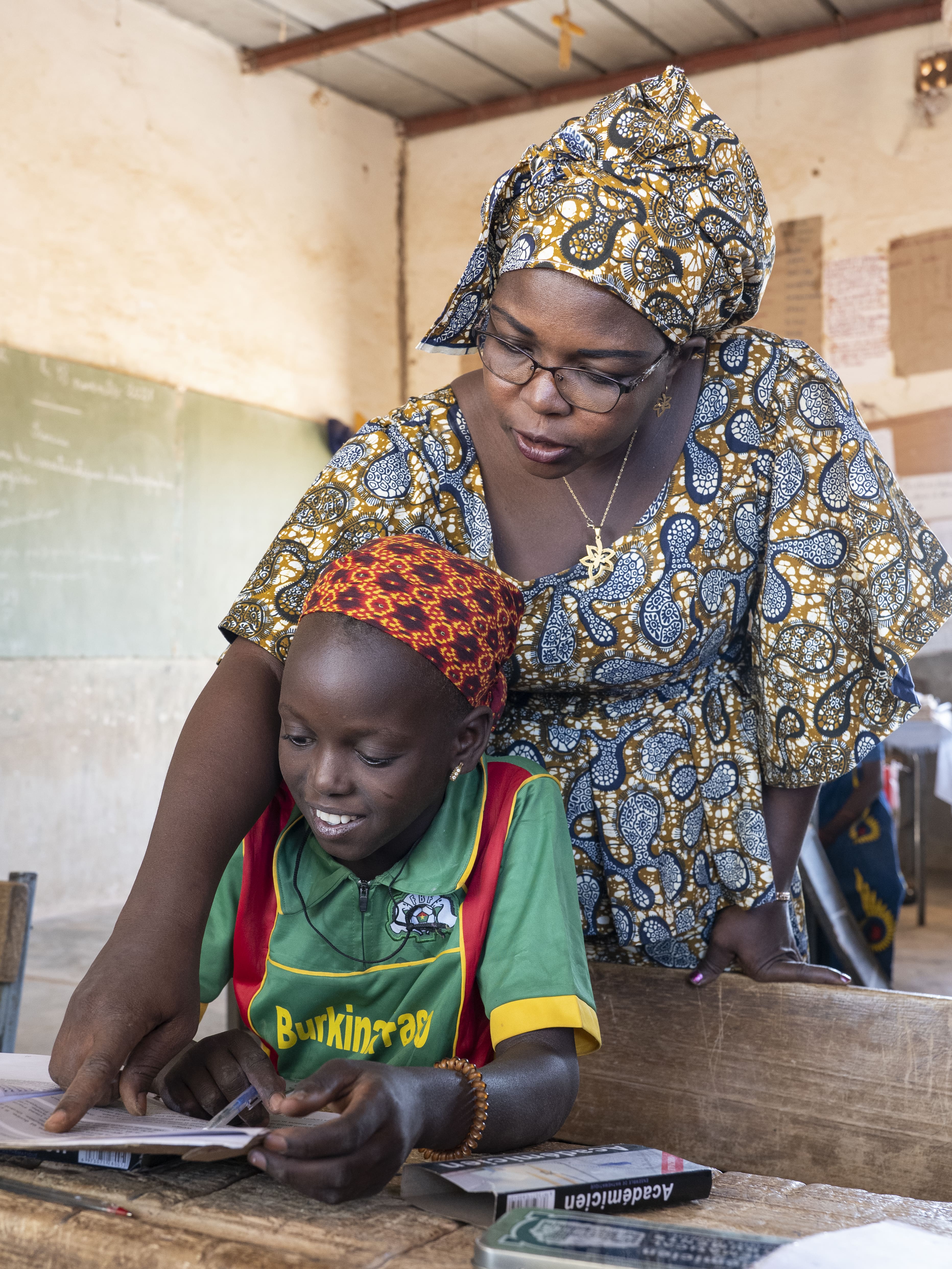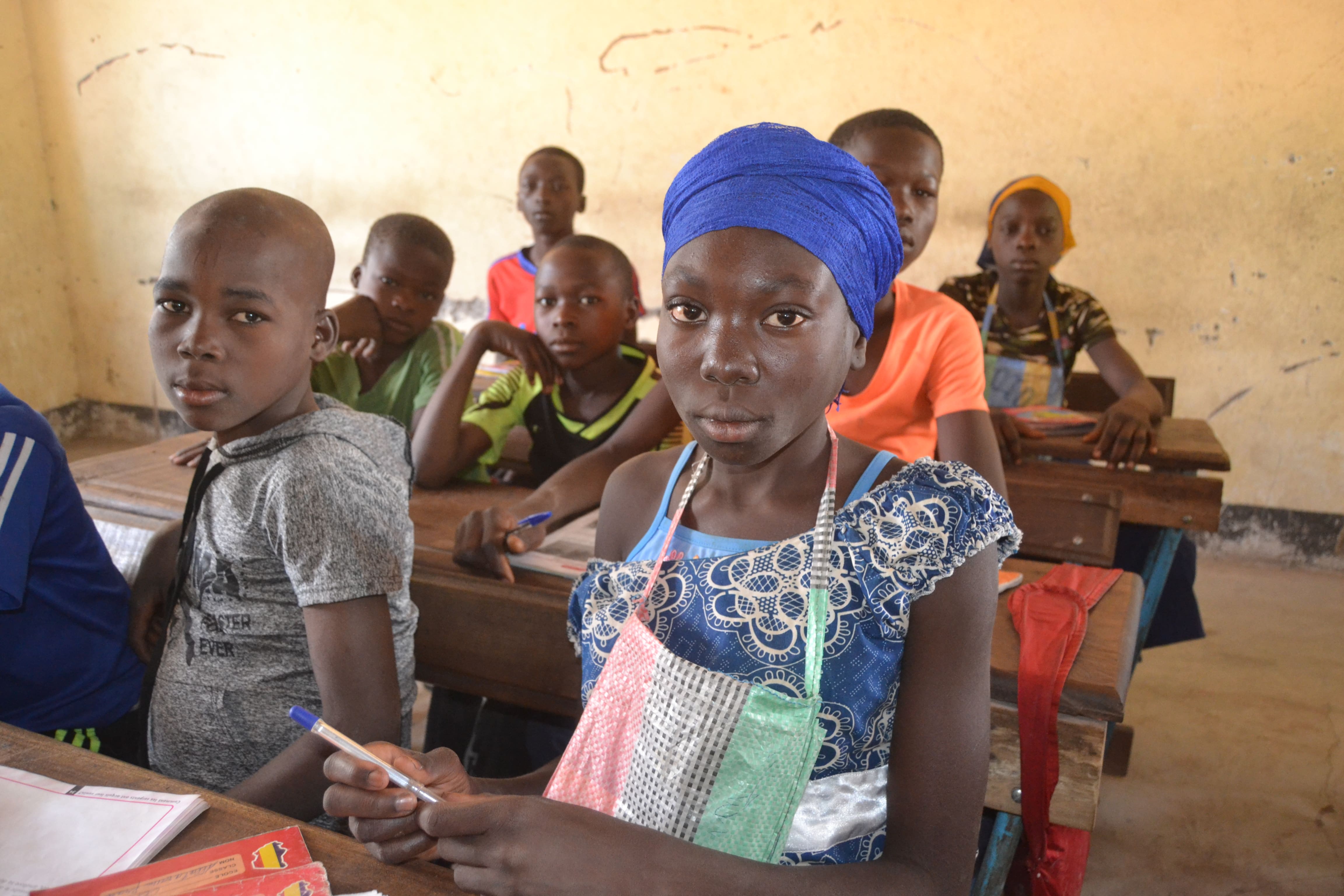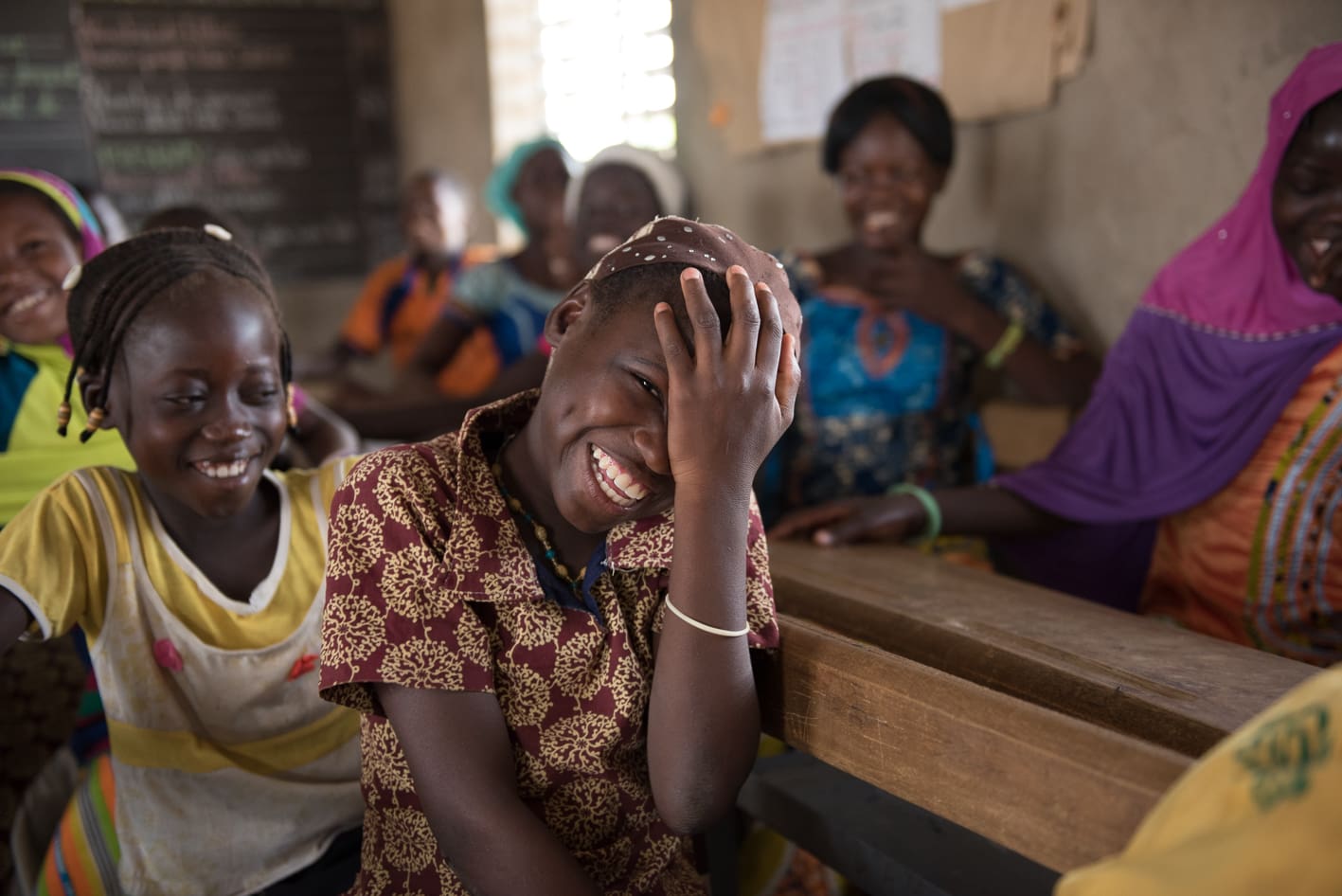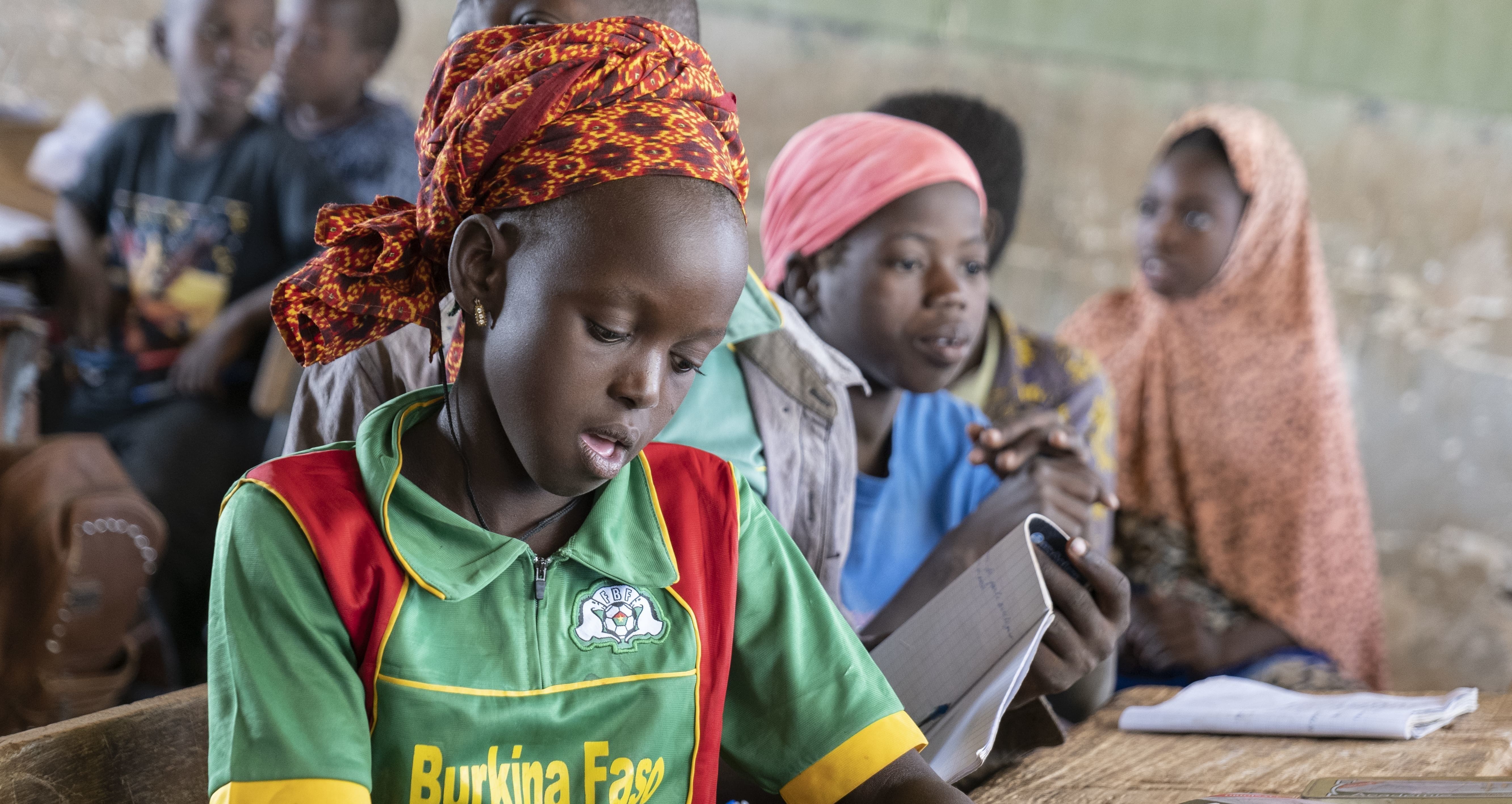
Gender Equality Cannot Wait any Longer: Taking Action Today for Girls in the Sahel
With the publication of the 2024 SDG Gender Index, which measures the state of gender equality worldwide, the findings are dramatic: only a few countries achieve a ‘satisfactory’ rating for equality.
Gender: an Alarming Global Picture, Concrete Responses on the Field
As part of our education projects in the Sahel and around the world, we pay particular attention to issues specific to girls. Today, let’s highlight the actions that are making a difference for them, despite all the work that remains to be done.
The Burden of Conflict, Exclusion and Inadequate Services
Several factors explain the poor results for Burkina Faso and Chad in the Gender Index: conflict, limited basic infrastructure and public services, high school dropout rates, etc.
All these factors hinder the economic and social development of girls and women. In light of this, our actions are concrete responses to the inequalities in these countries. Women do not have the same opportunities as men, which is why our projects focus particularly on them in the context of education, so that school can be a springboard to a better future for them.
Burkina Faso: Educating Girls Despite Insecurity and Taboos
In Burkina Faso, conflicts have caused the forced displacement of thousands of people, including children, particularly girls. Insecurity has become part of everyday life in many regions. To ensure that these children receive an education, we are running emergency education projects in some affected regions, where girls’ attendance rates are higher than in the regular system. The teaching methods we promote among teachers are gender-sensitive.
Create Spaces for Reflection on the Role of Women in Society
Of the 139 countries listed in the Gender Index, Chad ranks second to last. In this country, our education projects aim to improve access to education for girls.
Without stigmatising, our educational approach opens up dialogue on sensitive practices such as female genital mutilation. We have developed a teaching module for teachers on this topic. While respecting taboos, it highlights the problematic nature of this practice and allows other gender-related topics to be addressed, such as the place of women in society and gender roles.
Equality Cannot Wait any Longer: Let’s Take Action Today
Gender issues must be considered and applied across all stages of our projects. Much work remains to be done to achieve equality.
Education is a first step, but we call on all actors in international cooperation – donors, governments and civil society – to mobilise and continue their efforts towards gender equality.
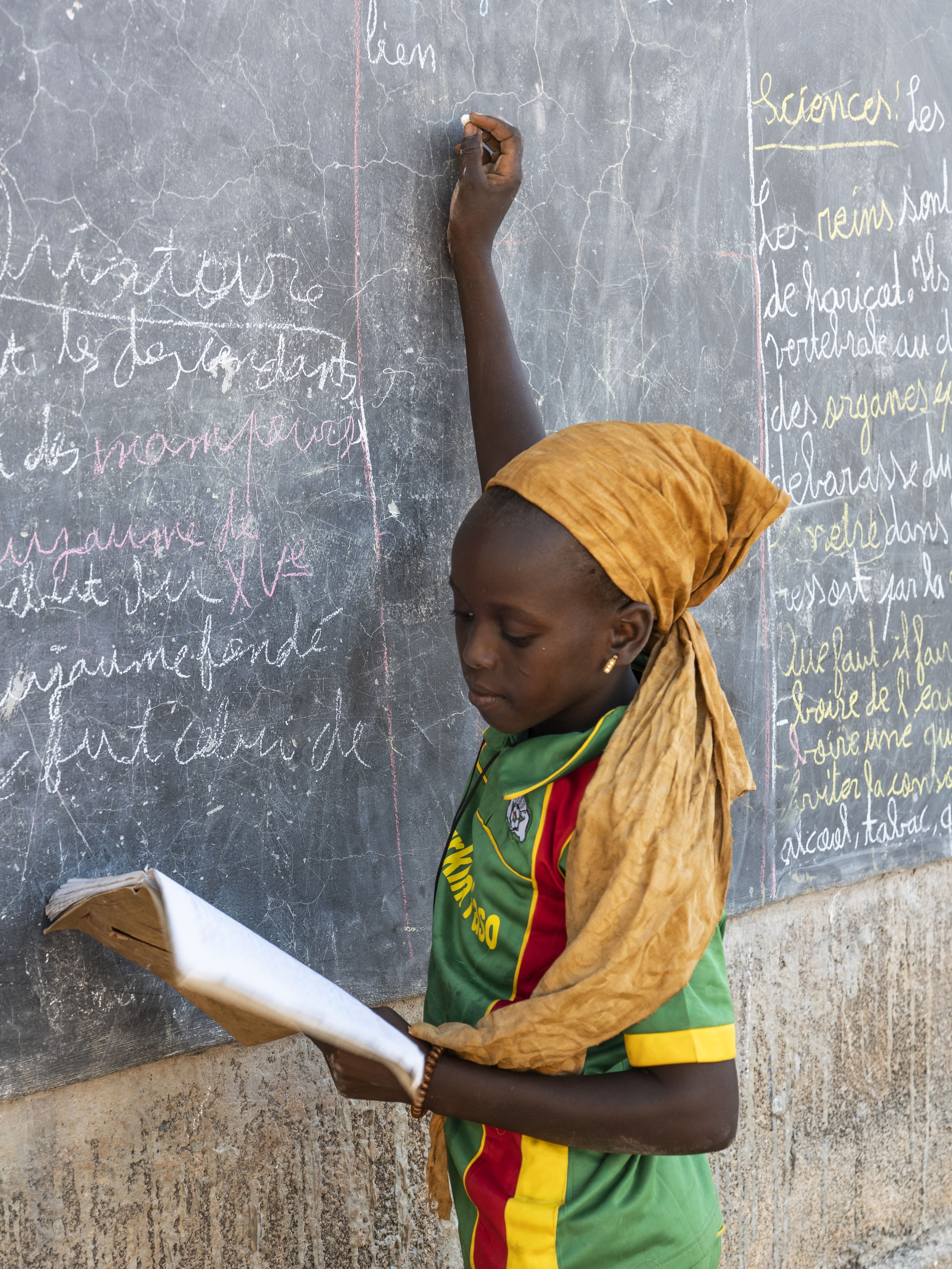
My Donation Can Make a Real Difference
I could provide a bilingual schoolbook in French and Mooré to 10 children in Burkina Faso to support their learning.
I could offer a hygiene kit—including washable pads, underwear, and soap—to 8 girls in the Aboutengué refugee camp in Chad.
I could fund continuing bilingual education training for 5 teachers in Burkina Faso to improve the quality of their lessons.
